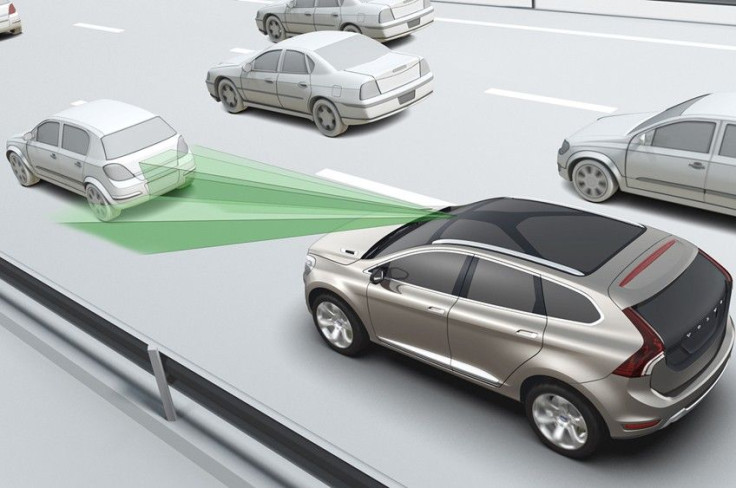
As far as tech innovations are concerned, advancements to safety are often fast tracked to benefit the consumers as quickly as possible. In 2008, Volvo first introduced its City Safety system, the industry's first impending impact detection and brake application system for a production vehicle. Proof that the system is more than just a novelty item, Europe has passed a new bill that will turn the new technology into a mandated feature for vehicles starting 2014.
From 2014 onwards, vehicles must be equipped with autonomous emergency braking (AEB) programs in order to be eligible for a five-star Euro NCAP safety rating. Although the new law doesn't necessarily force all automakers to comply, key makes that have enjoyed five-star ratings in the past must quickly answer to the new requirements if it intends to have its vehicles remain at the top of the safety charts.
The AEB uses radar technology in order to create a digital read out of the road ahead. At the sign of an approaching object at an excessively high rate of speed, the AEB system will override driver's control over the brakes to stop the car enough to avoid an incident or to minimize an impact.
After conducting studies on vehicles with AEB, the European Commission discovered that vehicles fitted with AEB can potentially lower traffic accidents by 27 percent. However, only 21 percent of production vehicles in Europe currently offer this auto-braking feature. Hopefully, with the new law for 2014, manufacturers would be encouraged to produce more vehicles with this new safety system.
[Source: Wired]




